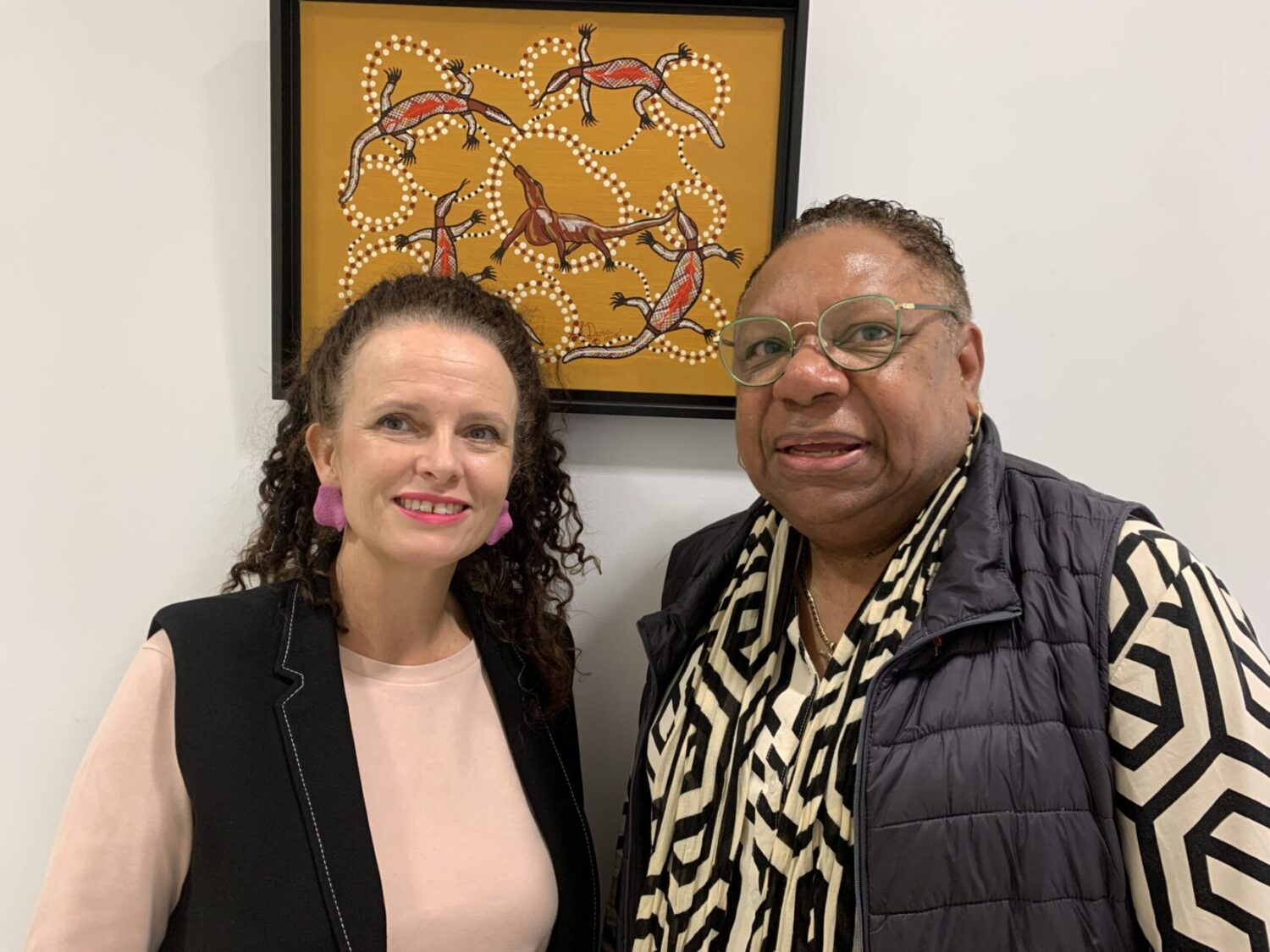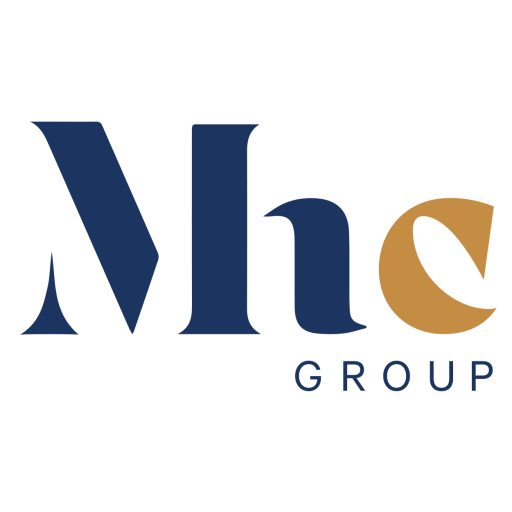
Read time: 2 minutes
Date: 03/2025
LaVerne Bellear, a Bundjalung Nation woman, is CEO of the Redfern Aboriginal Medical Service, the first Aboriginal Community Controlled Health Service to be established in Australia in 1971. She was previously Director, Aboriginal Health, Northern Sydney Local Health District, and has worked in range of healthcare leadership roles to empower Aboriginal people to achieve better health outcomes. I met her recently on Gadigal land to talk about her insights into evaluating programs – she offers some valuable lessons for all healthcare organisations.
Top Tips: LaVerne Bellear on how to ensure your health programs are achieving the desired outcomes
Mary Haines: Can you tell us about how you’ve evaluated or reviewed one of your programs and gained useful insights?
LaVerne Bellear: LaVerne says that during COVID-19 lockdowns, the Aboriginal Medical Service, Redfern (AMS) ran an ‘Elders Olympics’ program that involved distributing exercise therapy bands to help Elders keep active, along with delivering food packages.
“We did a little survey with our patients to see whether the food packages were what they wanted.”
The clients said they needed more fresh fruit and vegetables rather than carbohydrates like pasta and rice. In response, she says the AMS adapted the food deliveries to include more fresh produce. However, clients revealed they were unfamiliar with how to cook some vegetables like eggplants. To overcome that problem, the AMS provided recipes with the packages to help people make the best use all the produce they received.
“You know, we’re very flexible in the way we produce our programs. By knowing what they
“It’s like action research….we’re flexible enough to be able to change to deliver what people are more likely to enjoy and keep doing”
– LaVerne Bellear
Mary Haines: What learnings can you share about pitfalls to avoid when evaluating programs?
LaVerne Bellear: LaVerne says two keys tenets of the AMS’s approach to delivering and evaluating programs are being community-controlled and being flexible.
She warns that healthcare organisations should not override or dismiss community feedback because of a presumption they know better than their clients.
“Sometimes our demand and the needs change as we move along. And I think that’s the whole purpose of being flexible enough. I manage under the principles of self-determination and community control, and that’s been a legacy from the previous chief executive, who was here for 45 years.”
Mary Haines: Do you have any tips for increasing the effectiveness of program evaluations?
LaVerne Bellear: The most important tip is to give the community opportunities to tell you what’s working and what isn’t – and to listen to what people say, LaVerne says.
The AMS has established a variety of communication channels to hear from all clients, ranging from modern solutions like QR codes and website forms, to paper forms in reception areas and traditional methods like having a chat at a community barbeque.
“It could be through compliments or through complaints. I listen to any incident that happen, everything’s investigated, whether it’s good, bad or indifferent. That can be the basis to bring about change in how we deliver that service – nothing is too big or small”.
“People will talk to you, you know, they’ll tell you what’s working and what isn’t. So it’s up to you to have your listening ears on and be able to adapt and change accordingly.”
Mary Haines: Looking ahead, what will the next generation of healthcare CEOs need from evaluations of their programs?
LaVerne Bellear: LaVerne Bellear says future leaders need to remain in tune with their communities.
They will need to establish realistic measures, and be prepared to adjust them as necessary to meet changing client needs.
She says the AMS is planning further evaluation of its community’s needs so it can adapt to the increasing demand for services, for example, by looking at establishing satellite clinics in neighbouring suburbs.
“It’s all about being ready to evolve with the community’s needs.”
March 2025
Interview by Mary Haines, Founder and Director of MH Consulting Group (MHC), a boutique consultancy specialising in research strategy, evaluation and review, strategy and programs, and facilitation. MHC developed the five minutes interview series as a platform for leading professionals to share their know how.
You are welcome to republish this article. Please include the following attribution:
This article was first published by MH Consulting Group: www.mhcgroup.com.au.
© 2015-2025 MH Consulting Group (MHC) | Disclaimer | Privacy
